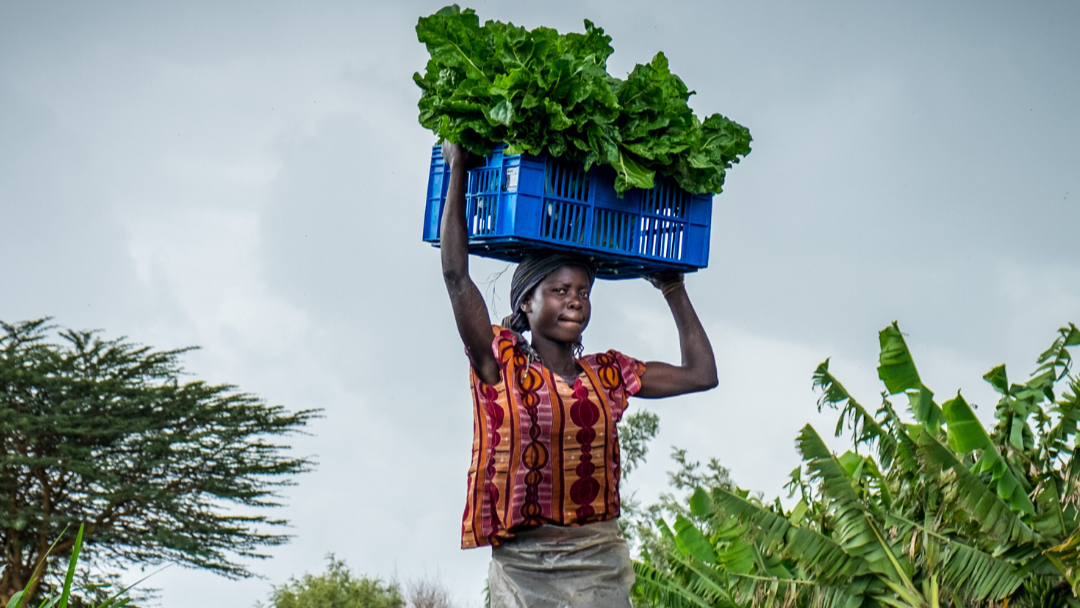
Opportunities to Promote Gender Equity in Smallholder Farming

Prince Boateng
2020-11-02 12:00:00
Though female farmers make up a significant portion of farmers globally, they often face barriers that make it substantially more difficult for them to succeed. For one, female farmers are less likely to own the land that they farm on, which makes it more difficult for them to secure loans for investment in their farms. This insecurity of land ownership not only impacts the ability to secure credit, but also makes female farmers less likely to adopt new technologies because of the uncertainty in long-term investment. Female farmers are also often pushed out of planting cash crops, which are seen as more economically productive. Female farmers are less likely to plant cash crops, such as cocoa or oil palms, and have been found to more heavily favor subsistence crops, such as peppers or tomatoes, which are less often considered eligible for credit. Finally, women are often excluded from farmer’s cooperatives. These cooperatives are not only tied to the ability to secure credit but to receive extension services, which are education on best farming practices and technologies. Female farmers, thus, receive in total fewer extension services to improve their farming practices. Overall, a lack of access to credit and services result in cyclic barriers for female farmers to be successful. Gender is an incredibly important factor in farming and should by no means be ignored. By identifying and defining barriers that female farmers face, AgroFides can ensure that the actions it takes help to reduce these barriers.
One of the two distinct services that AgroFides provides is resources to farmers. These resources are usually delivered in the form of extension services to increase yield and reduce post-harvest food loss, while simultaneously encouraging climate-smart agricultural practices. Our approach to providing these services focus on closing the gender gap in extension services that female farmers face. In its work assessing farmers and providing extension services, AgroFides will employ more female field agents, providing employment opportunities previously limited. Female extension agents will also make it easier to deliver these services to female farmers.
On the side of lending services, AgroFides’ unique credit scoring system encourages investment in farmers that previously could not secure financing based on traditional metrics. Female farmers are often left behind in traditional credit scoring and lending. AgroFides lending approach provides an opportunity for female farmers to secure credit that was not previously available. AgroFides’ creditworthiness process applies to many types of crops and farming styles. By measuring creditworthiness in this way, it’s easier for farmers who do not plant cash crops (i.e. women), to get loans. AgroFides will provide more financial services to women who could not previously access them.
AgroFides is able to make tangible steps to promote gender equity because in working to create a new credit scoring system, AgroFides marks gender equity as a significant factor. Because of the important role gender has played in lending in the past, AgroFides has collected data on the gender of the farmers it serves and can measure how female farmers specifically are being impacted by new opportunities for investment. AgroFides has goals to be gender transformative, not just neutral, and make a positive impact on gender equity in the areas it works by providing resources previously unavailable or difficult to access. AgroFides will continually monitor this progress to ensure the goal of increased equity is being met.